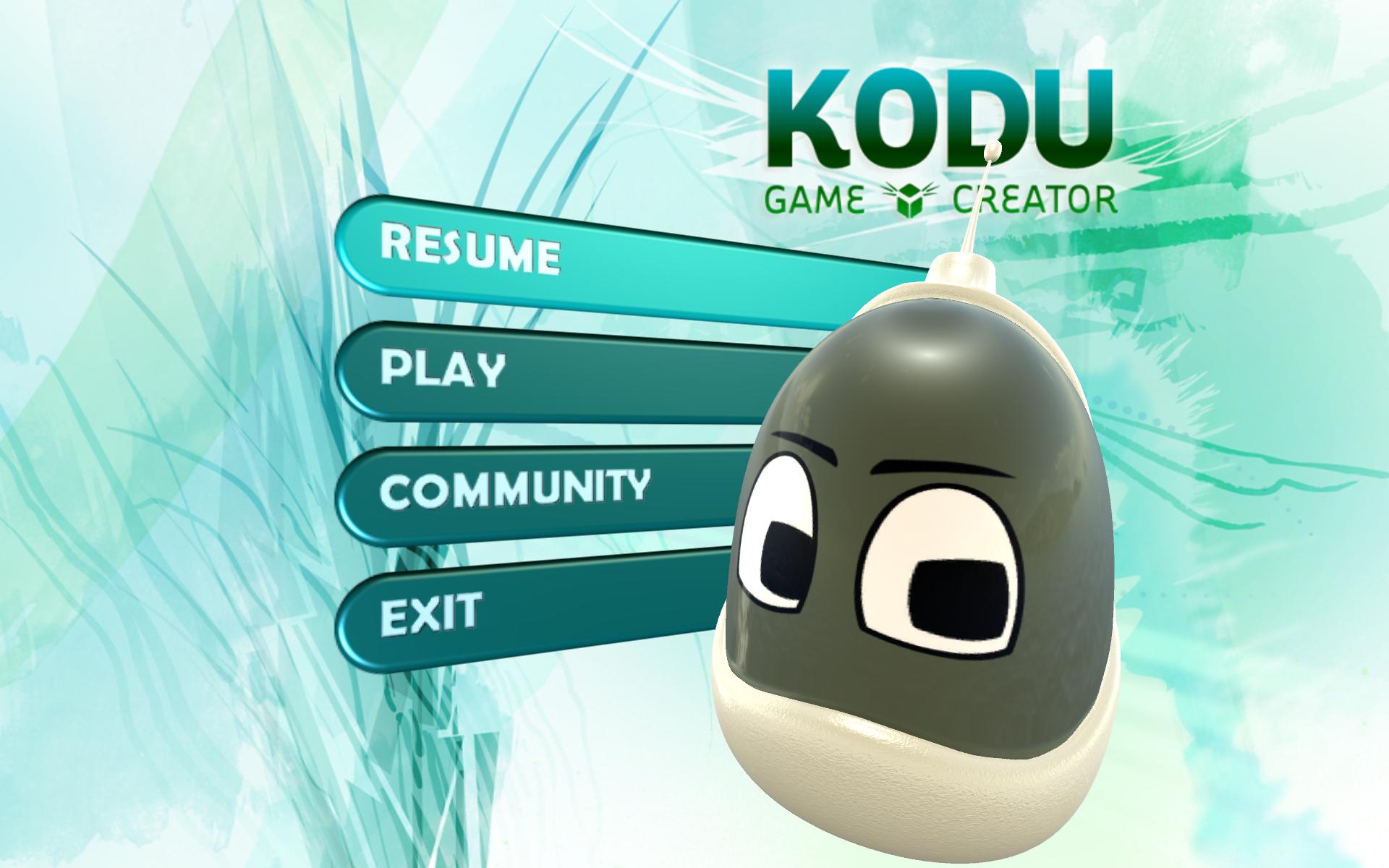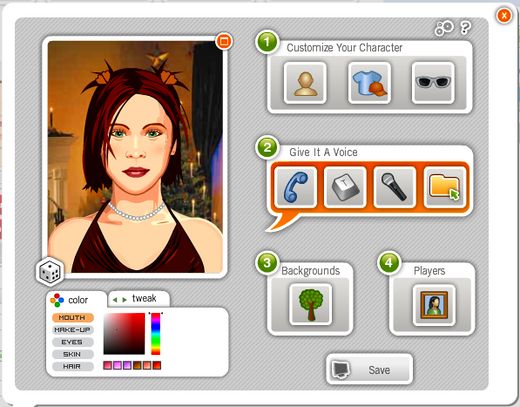 This weeks ICT workshop was an extremely enjoyable session! Today we focused on the potential benefits that gaming can have on children's development. As the proud owner of virtually every computer gaming console under the sun, this is an area I took a particular interest too. To ease us into the concept of gaming, and to take us away from the programming we have been focusing on for the last few weeks, we began the session looking at the program Kodu Game Lab, an interesting piece of software that combines the two.
This weeks ICT workshop was an extremely enjoyable session! Today we focused on the potential benefits that gaming can have on children's development. As the proud owner of virtually every computer gaming console under the sun, this is an area I took a particular interest too. To ease us into the concept of gaming, and to take us away from the programming we have been focusing on for the last few weeks, we began the session looking at the program Kodu Game Lab, an interesting piece of software that combines the two.
Kodu combines the world of programming and gaming by allowing children to create their own worlds and games within them. While this software may appear much more complicated that some of the previously mentioned programs, it works using the same procedural based operations mechanisms. For children who enjoy gaming outside of the classroom, this program provides a great opportunity for children to develop their programming abilities while developing games much like the ones they play on a day to day basis.
By allowing children to create their own, personalised worlds, they are much more likely engage with it and enjoy learning to program and is therefore an excellent program to consider when teaching the older children in the primary school.
Engaging the children is an important aspect when considering the application of gaming in the classroom! The majority of children would love to play a game as opposed to a traditional lesson, so opportunities to combine both learning and gaming should be jumped upon. Another program that children love to use is Dance to Advance! Dance to advance combines opportunities for learning with the popular dance mat technology!
In this program children are asked a series of questions where the answer corresponds to one of the positions on the dance mat. As you can see from the above example, the questions can cover any topic meaning this software can be used in any subject! Not only do the children improve their knowledge but also motor abilities and coordination as well as having a whale of a time doing so!
In the video below, we can see a teacher using the popular 'Myst' game series to really engage with the children in order to develop their literacy skills, in this case, their ability to create good metaphors! Literacy is a subject that boys in particular struggle to engage with and therefore the use of gaming to encourage good work is a great idea!
Online Simulation Games
Similar to modelling software, simulation games allow children to explore different outcomes by changing certain variables. Simulations are commonly used in many vocations and therefore simulation games are an excellent opportunity for children to get hands on experience early on in their life. Experience with simulation games improves children's ability to identify patterns and make predictions! There are many websites available with a whole range of free games such as KENT ICT and Learning4Good ! Go check them out!
The roller coaster simulator allows children to create their own roller coaster using their knowledge of physics. Great fun but sometimes a little frustrating!
The parachute simulator allows you to choose the size of the parachute depending on wind speed etc. to attempt to get a little man to land on a set platform! Once again, great fun and requires logical thinking from the start!
Other cool ICT ideas for the classroom!
As well as the many games, we also took time to check out a couple of cool little programs that could spice up a lesson using ICT! The first was called Wordle , a cool little website that allows you to create word clouds or other nice displays from your own text that you can input yourself. Check out the one below to get some cool ideas for displays or even book covers! The next is called Voki, which allows you to create talking avatars that can be used to give instructions or ask questions! Not a bad idea if you want to set up a morning activity for the children but you're still rushing around sorting things out for the day! The children could simply come in a play the Voki to get there task! Sounds great right?

<--- Wordle
Voki --->
And Finally...
M - Learning
Well we've already covered what E - Learning is (Check out the earlier blogs for more info!) but what does M - Learning stand for? Well M - learning is the next big thing. Standing for Mobile learning, the use of mobile technology such as iPods and iPads have become commonplace in some classrooms. In today's society children as young as 2 can find their way around a iPad, so its not surprising to find, with a range of incredible Apps at your finger tips, that M - Learning is quickly becoming a favorite way of engaging children within the classroom. More mobile than a laptop/computer, devices can be carried around with the children whilst they experiment and they often come with built in cameras meaning children can snap away whilst they work to record what they're doing! Awesome!
We're all in for a bright future my friends! But for now, stay safe!




No comments:
Post a Comment